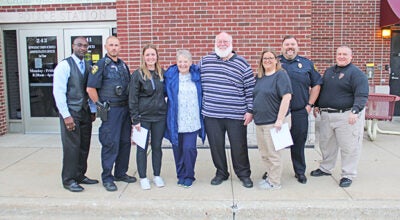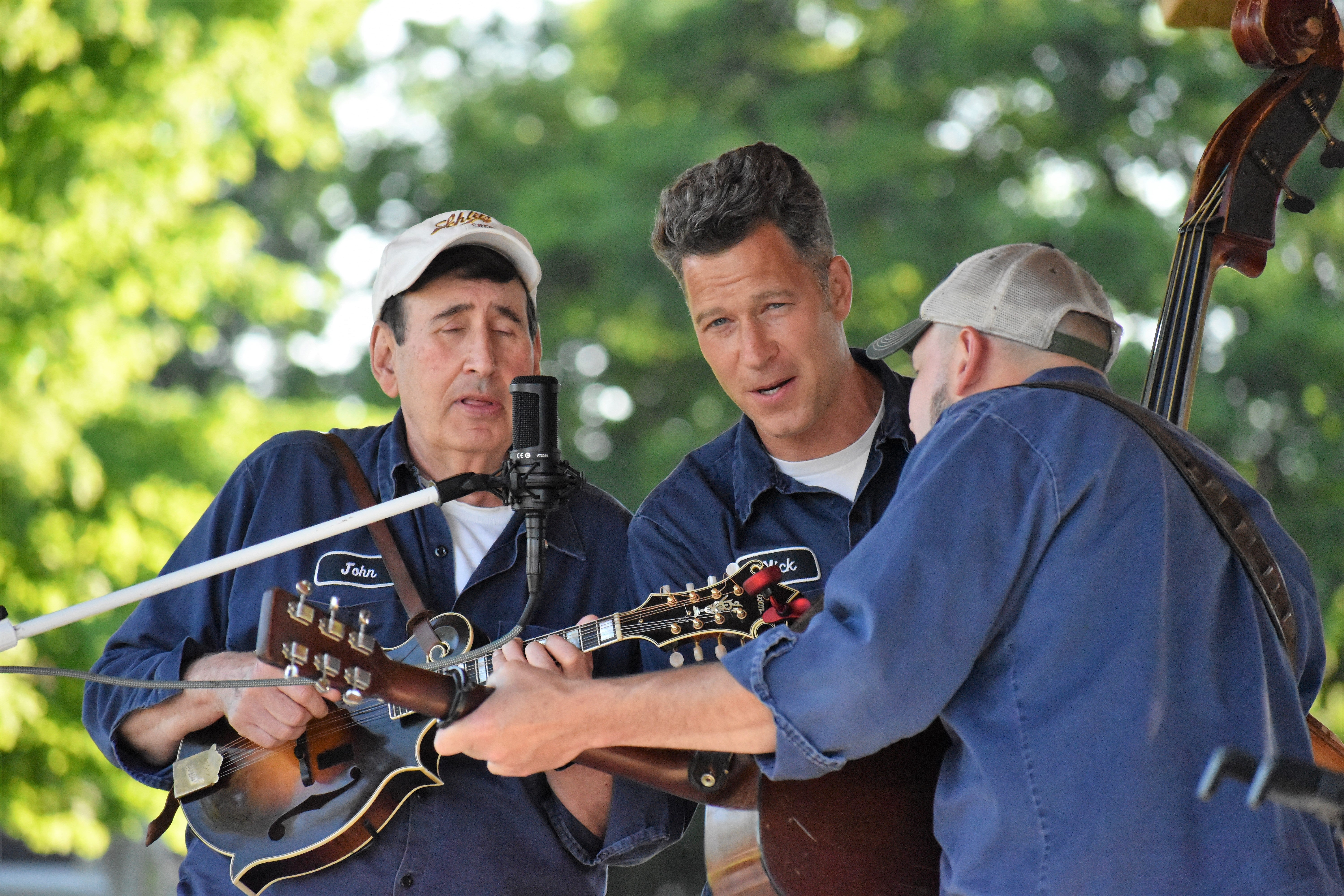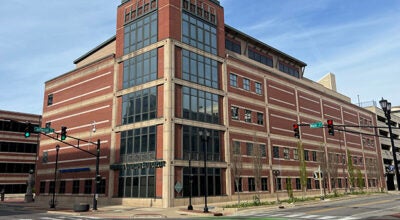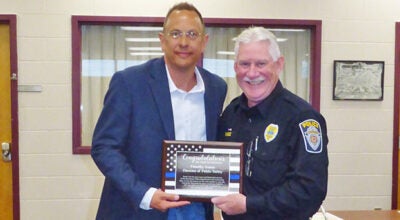Cass County: Treasurer tangles with Taylor over taxes
Published 9:00 pm Friday, May 21, 2010
By JOHN EBY
Niles Daily Star
CASSOPOLIS – County Treasurer Linda Irwin delivered a forceful four-page rebuttal to the Cass County Board of Commissioners Thursday night about the tax rebate proposal Commissioner David Taylor, D-Edwardsburg, espoused in a letter published May 11 in the Daily News.
How is this refund to be calculated? Irwin asks in her analysis – $37.65 to each parcel or pro-rated by valuation? Which valuation?
What about the property owner with a $12,000 parcel? “Are we refunding $4.52? How small of checks are we issuing?”
There is no computerized system currently in place to link tax parcel names with a system to generate checks to those taxpayers.
A computerized system would need to be developed.
“This could not be developed quickly or easily,” she stated.
What would be the cost in man hours involved in calculating, creating and distributing checks? she also questions.
Who gets checks? Irwin wonders. The current property owner? Owner on record as of what time period. “Property owners change daily.”
What about subsequent property splits?
What about subsequent divorces?
What about delinquencies?
What about foreclosures?
What about properties that are in Board of Review or Michigan Tax Tribunal status? “How are we handling those?”
What if a bank has paid to protect an interest in the property and escrow is not sufficient to cover? “Who do we refund?” Irwin asks. “How do we determine?”
What about taxable estates that have been subsequently closed for deceased residents?
She said the county lacks forwarding addresses for former owners.
“All checks issued that are not cashed will have to be escheated to the State of Michigan. Checks will also not be cashed simply to small size if small checks are issued. This is quite common,” according to Irwin. “If taxpayer previously itemized and receives a refund, the refund will have to be identified by year and will now be required to be added back and taxed for federal income tax purposes. Does the county then have an additional 1099 reporting requirement for these refunds. Is the county paying interest on refunds?”
Finally, Irwin said, if revenue sharing is not re-instated, “we will be short $1 million annually in our general fund budget beginning with the 2011-2012 year.
Referring to $18.988 million accumulated in unrestricted net assets claimed by Taylor, D-Edwardsburg, Irwin showed with a spread sheet that “of that, $12.694 million is cash. All of that money is not in cash. That’s really our equity. We can’t spend all of it. Part of it is receivables that have to come in before you can spend it. The general fund is $3,787,508. That’s actual cash. Medical Care Facility, sewer and water, delinquent taxes, jail commissary, motor pool, fitness center, these are what up that number.”
“Unrestricted does not mean unobligated,” Irwin emphasized. “It’s not restricted by the guidelines given to the auditors who did our audit. (Commissioners) have not restricted those funds, but are they obligated? If you spend $1.4 million for the Medical Care Facility, I guess you could, but how is it going to run? Delinquent tax revolving has $5 million, and I just did a payout for $5 million. This is a snapshot of Sept. 30, 2009. Say (Dowagiac Commissioner Clark) Cobb’s paycheck came for $5,000. That looks really good that day. But Oct. 3 you got a bill of $4,000 for a new septic system. If I took the picture that day, you wouldn’t look so good, would you? This is a one-day snapshot.
Fitness Center money comes out of my paycheck, the sheriff’s paycheck, Bruce Campbell’s paycheck, David Smith’s paycheck to maintain it. We pledged that from our paychecks, so I don’t think you can take that, either. Not restricted, but obligated.”
She also presented commissioners with a general fund cash balance history over 10 years with snapshots four times annually, from a high of $6.6 million March 31, 2002, to a low of -$37,443 in 2007, which rebounded to $865,528 in 2008, $1.2 million in 2009 and $3.2 million in 2010.
“When we talk about reducing the county millage to the taxpayers, it’s a small portion of the tax bill,” Irwin said, “maybe 19 or 20 percent. We can’t lower the rest of them.”
“Cass County is in relatively good financial shape,” Irwin said. “We’re a fiscally responsible group of people. Commissioners, the administration, your department heads and elected officials. When you drive your car and get to a railroad crossing, even if the gates are down, you look to see if a train’s coming. That’s what we do. We look for the train by seeing what’s going on at the federal and state level, where the money’s drying up and the debt we’re taking on. We have to take that into consideration. We’re pretty much OK because we’ve been fiscally responsible. But can we say we’ll reduce our tax rate? Where will we be if we don’t get revenue sharing. We know it will be reduced, we just don’t know how much. You have to be prepared. That’s all I’m asking this board.”






